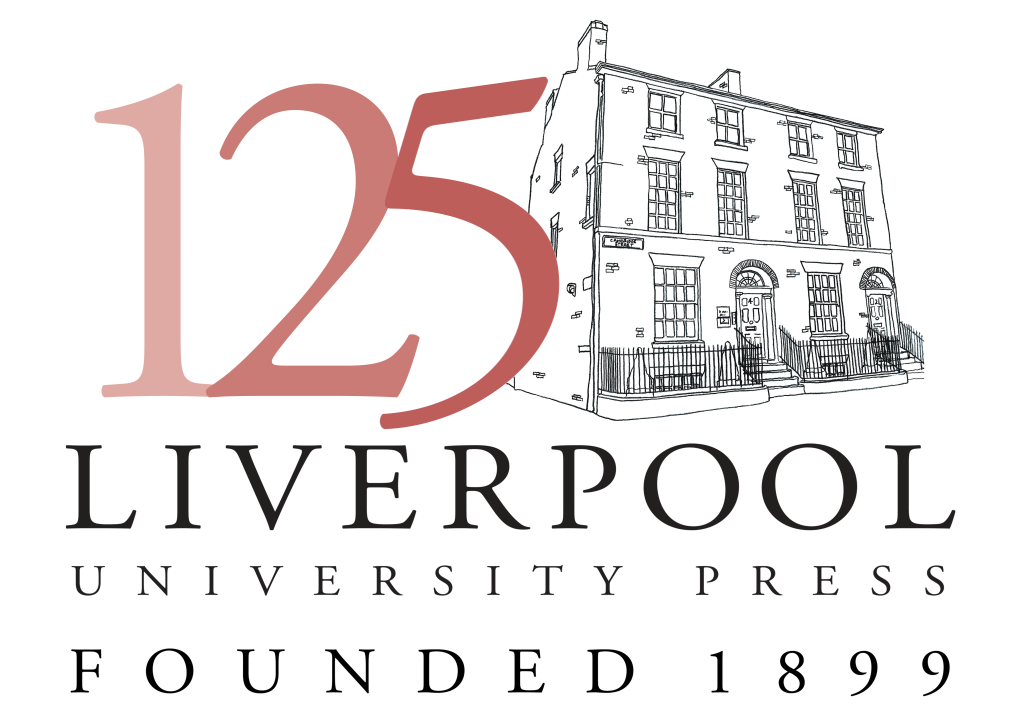The editors of Town Planning Review (TPR) have selected the following paper as the Featured Article in TPR 95.3.
It is available to read Open Access as part of LUP Open Planning:
‘9DF: a nine-dimensional framework for community engagement’, by Lucy Natarajan and Sara Hassan.
When asked to describe the paper and highlight its importance, the authors stated the following:
Community engagement lies at the heart of participatory planning and development initiatives worldwide. It represents a concerted effort to involve local residents, stakeholders, and communities in decision-making processes that directly impact their lives. However, the landscape of community engagement is complex, fraught with challenges, power differentials, and contextual nuances that demand careful consideration. In this exploration, we delve into the core concepts of community engagement through the lens of a nine-dimensional framework (9DF), synthesising insights from participatory planning literature and empirical data collected and co-produced by USE-IT! Community Researchers contributing to the UK2070 commission’s work.
Empowerment, influence, and inclusion emerge as the foundational pillars of community engagement, each encompassing procedural, learning, and contextual dimensions. Empowerment, as revealed through both literature and Community Researcher data, underscores the significance of procedural justice, epistemic capacities, and the contextual realities that shape collective decision-making processes. It emphasises the need for recognising and addressing power differentials, particularly in disadvantaged communities where additional investments and efforts are required to animate interactions and make processes visible.
Influence, on the other hand, centres on the ability to enact change through community engagement efforts. The temporal dimension emerges as critical, highlighting the importance of long-term relationships and the diverse techniques necessary for meaningful engagement. Learning with and from communities’ local knowledge becomes paramount, fostering confidence and resilience amidst the complexities of the knowledge-power nexus.
Inclusion, the third core concept, underscores the multiplicity of impacts on communities and the need to address existing marginalisation and inequality. Tailoring engagement processes to the needs of marginalised groups demands intensive efforts and continual learning, sensitive to local knowledge and identities that may influence participation. Understanding the evolving nature of places and the legacies of past engagement efforts further enriches our appreciation of inclusion within community engagement frameworks.
The nine-dimensional framework offers a comprehensive lens through which to evaluate and understand community engagement initiatives. By integrating empowerment, influence, and inclusion across procedural, learning, and contextual dimensions, the framework captures the dynamic interplay of factors shaping engagement outcomes. It moves beyond simplistic assessments of processes alone, recognising the intricate relationships between learning, context, and empowerment.
The framework also addresses existing gaps in evaluative tools for participatory planning, emphasising the value of lay and local knowledge, as well as the inequalities inherent in resource distribution and capabilities. By embracing a community-oriented perspective, the 9DF not only enhances the evaluation of engagement programmes but also contributes to the scholarly discourse in a transparent and inclusive manner.
Finally, the success of community engagement lies in its ability to foster meaningful dialogue, empower local voices, and drive positive change. Through the lens of the nine-dimensional framework, we gain deeper insights into the complexities of engagement processes and the transformative potential they hold for communities worldwide. As we navigate the evolving landscape of participatory planning, let us embrace a holistic approach that honours the diversity of voices and experiences within our communities, paving the way for a more inclusive and equitable future.
You can read more about this in our article.
Follow us for more updates
Sign up to our mailing list
Twitter | Instagram
www.liverpooluniversitypress.co.uk


